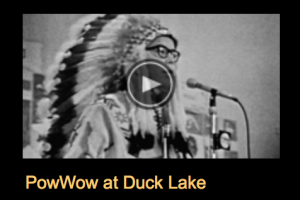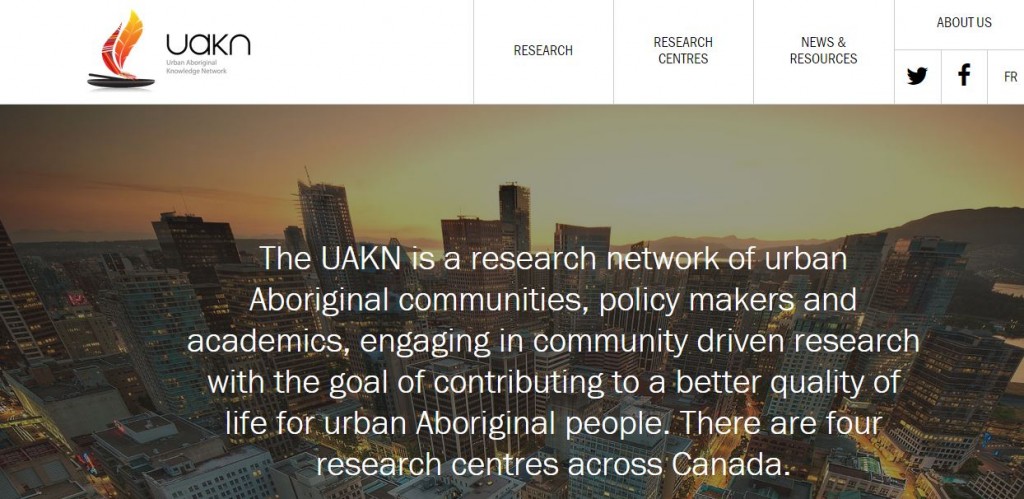Infusing Aboriginal Perspectives into Your Teaching Practice
http://www.oise.utoronto.ca/deepeningknowledge/Teacher_Resources/Infusing_Aboriginal_Content_and_Perspectives_into_Your_Teaching/Infusing_Aboriginal_Perspectives.html
- This source comes from the Ontario Institute for Studies in Education (OISE), and is a collection of various topics relevant to indigenous education, ranging from incorporating indigenous ways of knowing into mainstream curricula to video interviews with Elders sharing their perspectives on education. Formats include books, videos, resource guides, and websites. This curated selection is noteworthy for its range of perspectives.
The Challenge of Indigenous Education: Practice and Perspectives
http://unesdoc.unesco.org/images/0013/001347/134773e.pdf
- This document from UNESCO is divided into 3 parts: challenges to indigenous education, criteria for good practice, and lastly, case studies surrounding quality education of indigenous peoples. It is especially interesting to view the case studies, as they are focused in various parts of the world, and the way in which challenges were presented and dealt with in the given cultural setting. Not all case studies pertain to preK-12 education, but also highlights training, and community learning settings.
Culturally Responsive Pedagogy: Towards Equity and Inclusivity in Ontario Schools
http://www.edu.gov.on.ca/eng/literacynumeracy/inspire/research/CBS_ResponsivePedagogy.pdf
- This document from the Government of Ontario provides short points that are easy to read, and hence offers an efficient reminder of characteristics of a culturally responsive classroom, and ways to achieve it. It is a well-organized document for reading purposes, and provides guiding questions along the way to help facilitate one’s own practice. It also includes a plethora of relevant references at the end, on related topics. This source is developed in collaboration with the Ontario Human Rights Commission.
First Peoples Principles of Learning
https://firstpeoplesprinciplesoflearning.wordpress.com
- As stated on the website’s homepage, the resource was developed “to help educators in British Columbia understand how they might incorporate the First Peoples Principles of Learning (FPPL) into their classrooms and schools.” It is set up as a blog that includes background information on the FPPL, and insight into what “authentic” resources are. There is also an activity section created to coincide with each of the principles, and to promote conversation about indigenous learning in the community.
Strong Nations
http://www.strongnations.com
- This website is a resource full of books related to the First Nations in Canada, as well as in the United States. It is a great resource for educators looking for supplementary material about indigenous cultures, by providing books and lesson plans for sale. The site is definitely a “store,” and thus will work for anyone looking to buy materials for their classroom, but not useful for gaining any free knowledge.
First Nations Eduction Steering Committee
- As an added source, I thought I would shed light on this one again, though I have previously posted relevant information from it, but only regarding specific content on the site. It offers many resources, links, information about programs and events, and more on indigenous education. As our discussion has grown to incorporate a large variety of topics and challenges, it seems fit to include the wider site as relevant, since it also provides information on language, local education agreements, special education, and relevant publications. The Committee behind the website was founded in Vancouver by a group of participants at a First Nations education conference.

